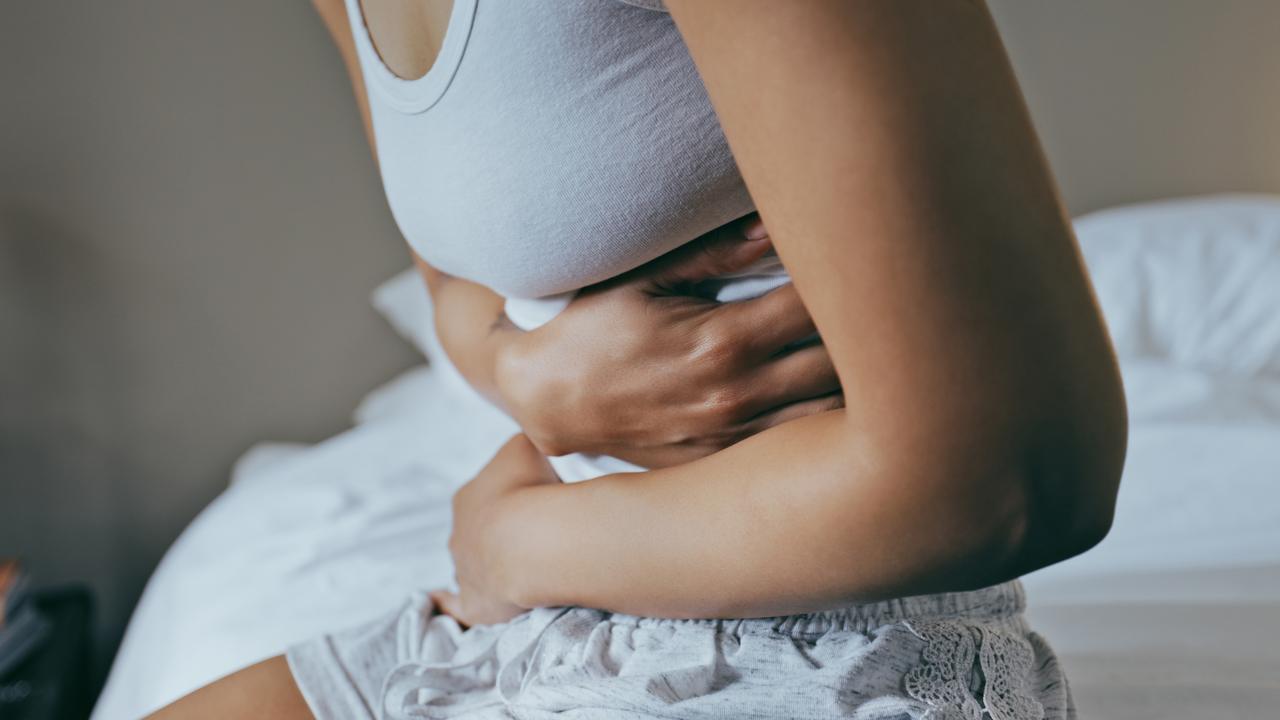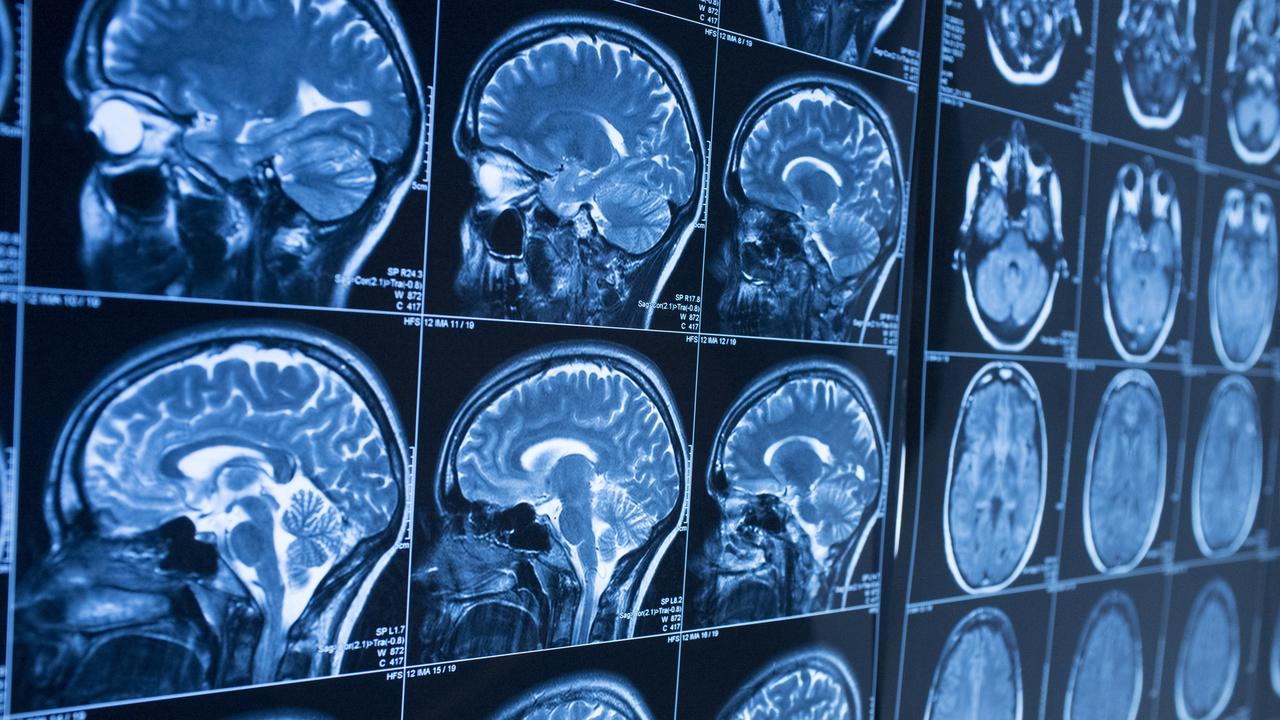Liliana was shocked when she found out she had a common disease
On the surface Liliana was thriving but after a doctors appointment she found something out that she didn’t see coming.
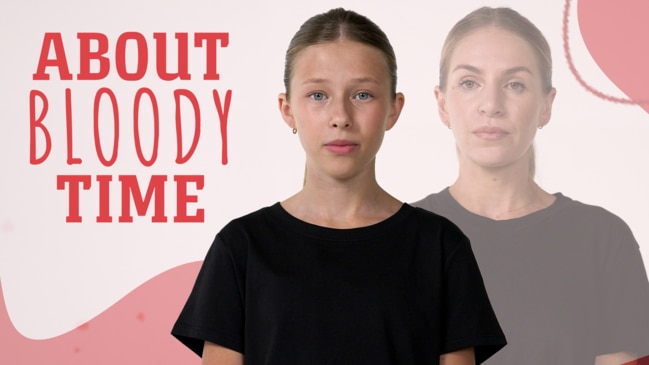
Illness
Don't miss out on the headlines from Illness. Followed categories will be added to My News.
COMMENT
I was 50 years old when I realised I had endometriosis. Two weeks after I’d celebrated my milestone, my GP read out the results of an ultrasound when I’d finally complained of a nagging pain in my left hip.
“You have endometriosis and it’s quite bad,” she said.
I thought endometriosis was something you found out about in your 20s, not after almost 40 years of menstruation. Not after decades of pain and unexplained tiredness, blamed on too much work, booze and processed food and not enough exercise, mediation and kale.
Endometriosis manifests differently in every woman and while it didn’t completely stop me from going about life normally, it doesn’t mean that it didn’t debilitate parts of my life.
I’ve chosen that double negative because it silently affected every part of my life.
And as a woman at the end of her fertility, treatment presented a new set of obstacles and it took months, more money to visit specialists and more pain that woke me up in the middle of the night.
Medicare is failing women and it’s About Bloody Time things changed. Around one million suffer from endometriosis. There is no cure. Help is hard to come by and in rural or regional areas, it’s virtually impossible. We are campaigning for longer, Medicare-funded consultations for endometriosis diagnosis and treatment. Read more about the campaign and sign the petition here
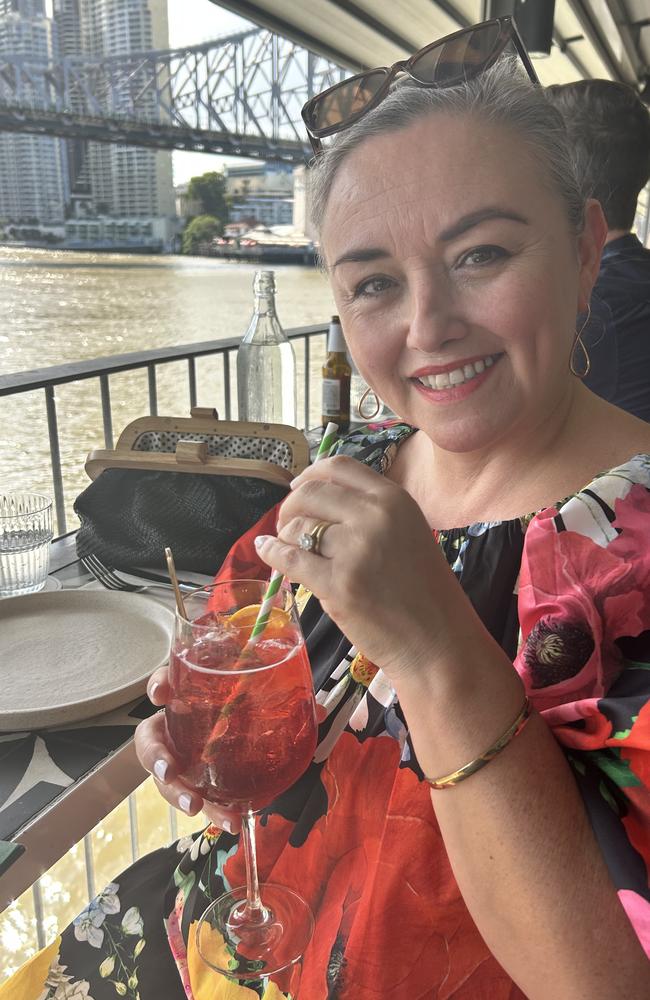
I lie when I said the first time I heard the word endometriosis connected to my health, it was actually in the recovery room in February 2020 after a procedure called an ablation for fibroids, when, groggy with anaesthesia, my gynaecologist mentioned it to me.
He reminded me of that in the follow up consultation, which was over the phone because of the first Covid lockdown. It was at the end of the short conversation, and, it seemed to me, like an afterthought. He told me to come back if it bothered me.
But I didn’t know what endometriosis pain felt like and those two occasions seemed like the “oh, by the way” moment.
I didn’t know that what I thought was a nagging muscle strain in my left hip was actually my poor left ovary being strangled by the endometriosis; pain in my side so severe it would wake me up at night for hours. I didn’t know that the irritable bowel syndrome I developed (I once had to get my husband to pull over on the side of the M1 to let me throw up) was the endometriosis strangling my bowel. It felt like there was concrete in my guts.
While the diagnosis was a shock, the options for treatment were worse. As endometriosis feeds on oestrogen and once you stop producing that, then, theoretically, it should shrink.
So chemical or medical menopause – an implant that put you into menopause in days or a hysterectomy with the cutely named oophorectomy or removal of ovaries, again, instant menopause.
He even suggested I pop downstairs to the chemist to fill a prescription for Zoladex and he could inject it that afternoon like I was picking up a cappuccino. When I asked if that meant I’d have to go on HRT or what were the risks, he didn’t answer. The second consultant, who was much more sympathetic, referred me back to the first, as the endometriosis was around my bowel potentially causing the food intolerances and she couldn’t operate.
For another six months, I suffered through painful sleepless nights, weight gain and uncertainty. It’s only in the past three months that I’ve started to feel better after searching for something as simple as “personal trainer menopause Brisbane” and finding a wonderful integrated practitioner.
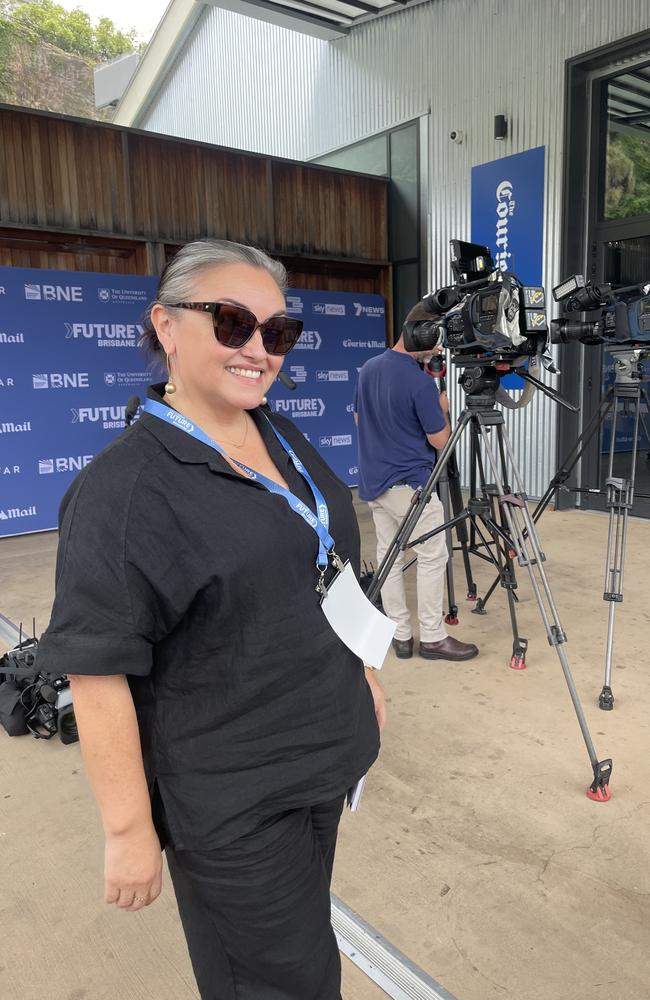
I feel much better now because of diet changes (neither gynaecologist nor a dietitian I saw suggested anything as simple as not eating gluten), exercise appropriate to my age and reducing my stress.
If I had gone downstairs to that pharmacy, I would be in chemical or medical menopause, possibly without my womb, at greater risk of heart disease and dementia, and of other possible side effects like those uncontrollable mood swings that threatened my relationships.
If I was 25 now with the experience of middle age, I would go to my GP and ask for some investigation into the tiredness so bad each month that I would have to eat half a block of chocolate and drink three big mugs of hot very strong black tea just to get out the door.
I wish I’d known the questions to ask, the symptoms to look for, the protocols to follow. If I didn’t get the answers I wanted, then to ask again. Not to wait another lifetime.
Liliana Molina is a media professional who unknowingly has been dealing with endometriosis for decades @dilberrylil
About Bloody Time is an editorial campaign by news.com.au that been developed in collaboration with scientists recommended by the Australian Science Media Centre, and with the support of a grant from the Walkley Foundation’s META Public Interest Journalism fund.
More Coverage
Originally published as Liliana was shocked when she found out she had a common disease




